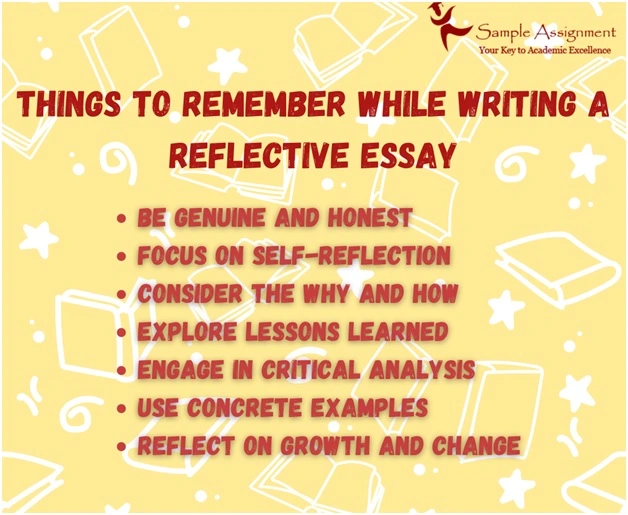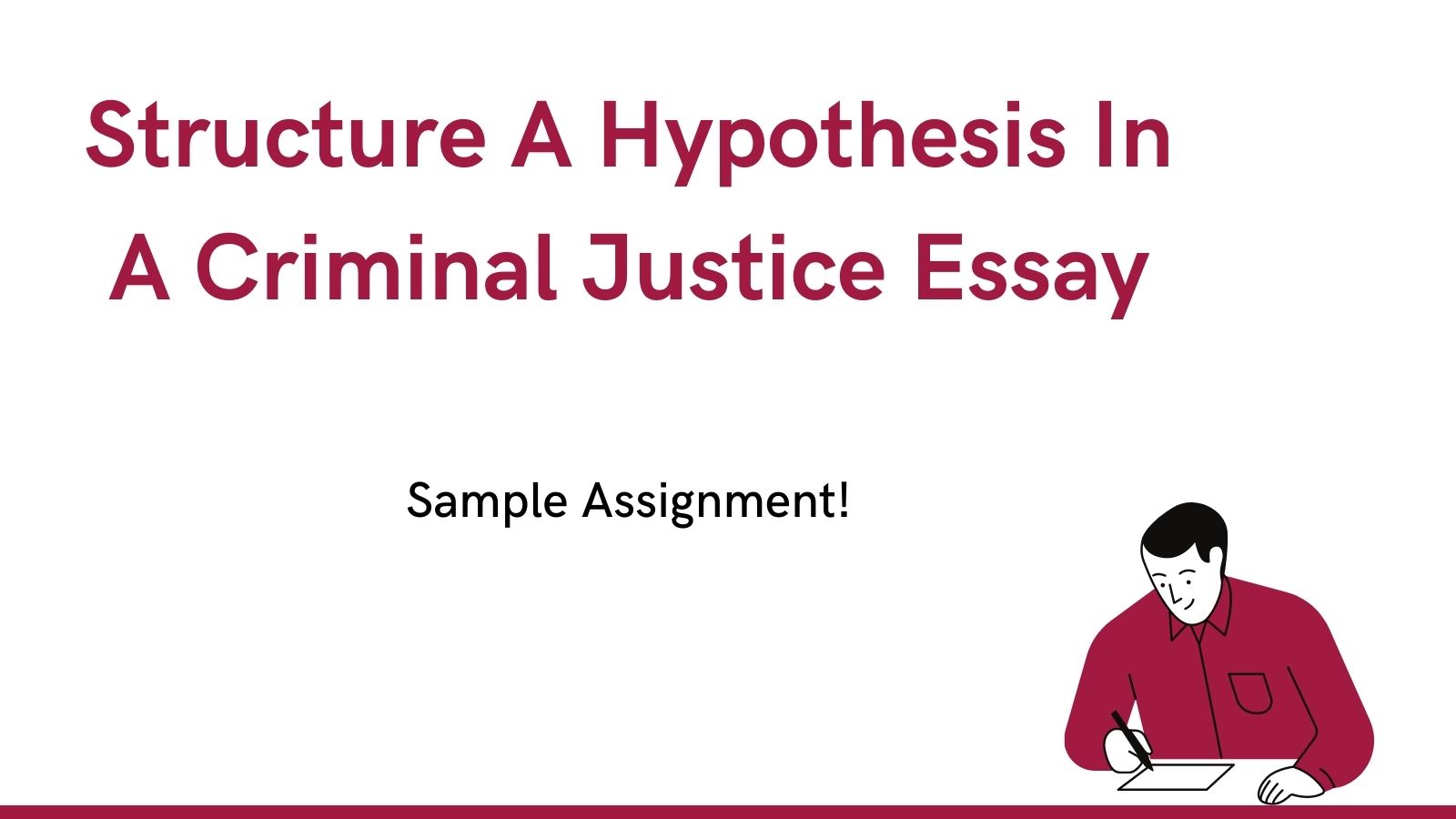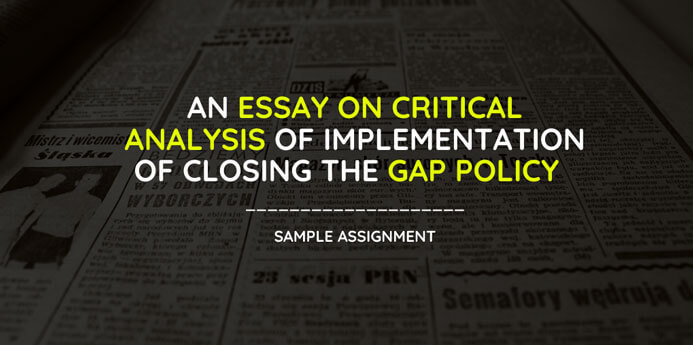
The reflective essay empowers writers to get to the bottom of their intimate feelings, thoughts, and experiences. This blog serves as a perfect means of soul search through introspection, personal self-determination, and growth. With the advent of the modern age and diversions increasing daily, we pay attention to the reflective part of our lives.
Mastering Reflective Writing: A Comprehensive Guide to Crafting Profound Reflective Essays
Writing for contemplation acts as a light of self-awareness. It allows one to stop, think, and connect to the lived experiences. It is the via medium for students on a life-transforming journey. Individuals in the professional field ruminate through their career aspirations and can use reflective essays. The individuals within the confinements of life can explore and reflect on themselves. Here, we visit an extensive guide with tells us about ourselves through a journey of self-discovery.
In essence, deciding on a reflective essay topic is a tough choice. It is not different from choosing a compass for the journey that is a quest for self-discovery. It could be the key to the door, pave the way for us, and lead to questions. We are confronted by a trillion things that can inspire our ideas, reflections, and improvements. They occur when we explore the large world of our lives.
As exploration through curiosity, eagerness, and authentic self-expression, we can embark on a voyage of self-discovery. It exceeds the limit of that thought and encourages a connection beyond ourselves and the environment. In this reflective essay, we go on the journey of self-exploration, which involves traveling into the depths of ourselves. We face our fears and concerns and become wiser, stronger, and more prepared.
What is a Reflective Essay?
The feature that sets reflective essays apart is that their primary objective is the analysis of personal experiences. It focuses on emotional assessment rather than neutral analysis or argumentation.
Such effect papers ask to scrutinize the thoughts, feelings and life events well-considered and reflectively, for instance, to trace the causes of certain impressions in the previous experience and the present analysis. Some topics to write about may be celebrating successes, lamenting failures, and tackling challenges. These can be the themes for reflective essays where students can express themselves and get to know themselves deeply.

Critical Elements of a Reflective Essay
Personal Reflection
Through reflective essays, what distinguishes them is the process of self-discovery, self-expression, and exploration of self-feelings. For this purpose, they aim at the writers the authors obligate to reflect and self-introspect to discover their inner meaning and teachings from past encounters.
Critical Analysis
While reflective writing is evident, given its subjective quality, it also incorporates, to a large degree, critical analysis and evaluation of lived experiences. It serves the purpose of writing a reflective essay. Whether to question your thoughts or motivation for particular actions, writers should think critically about assumptions, implications, and, ultimately, the state of the self.
Contextualization
Reflective essays frame personal experiences within the broader social, cultural, and occupational environments that create the context. Writers could think about why they feel, get, or are influenced by external factors. It could be what others do and how you understand or love them.
Structure and Organization
Reflective and other essays generally follow a well-defined structure comprising an introduction, body paragraphs, and a conclusion. However, similar scripted questions can certainly be creative, incorporating elements such as anecdotes, dialogue, or descriptive language to enhance storytelling.
Authenticity and Vulnerability
Essays can only grow when truth and self-reflection are the key points, creating an environment where people can share their genuine emotions, doubts, and insecurity without fear or knowledge. Authors of book's readership must eliminate shame and embarrassment and tell their readers such true stories with authenticity and heart.
How to Write a Reflective Essay?
Here are some steps to follow while writing a reflective essay.
Select a Topic
Select an issue or incident from your past that can be a positive experience or one that you want to be. It can be a success in your life, a course you did well in, or faced a challenging assignment at work, or discovered something about yourself.
Cultivate Ideas
Sit in your notebook and brainstorm about your preferred topic. Please write down your critical memories of the experience, how emotions are attached, and what insights and feelings it brings you. Think of your experience as a shape, a circle representing your personal life, an iron shaped as intellect, or a kite flying high with emotions.
Create an Outline
Create a detailed plan highlighting crucial points and the order in which the essay will be written. This will help you keep your essay logical and coherent. Order your ideas chronologically or thematically to avoid chaos and make them easy to follow.
Write the Introduction
- Start with an appealing introductory sentence or statement that will interest the reader and set the mood for the writing.
- Enunciate the context of the experience on the background for which you'll be reflecting by briefly stating the background and significance of the topic.
- Start by stating your thesis or central argument, and then share what has emerged as the primary learning from the experience. Reflective essay examples are a great way of learning good introduction ideas.
Develop the Body
- The first topic sentence of each paragraph in your body should represent a straightforward concern involving a vital aspect or dimension you reflected upon. It should elaborate on the main points and include detailed illustrations, examples, and analysis.
- Provide examples from your own story, perception, thinking, etc., to support your claims and delve into your experience.
- When researching and analyzing different points of view, critically reflect on your attitude, emotions, and behavior, trying to understand the cause of the reasons, the type of prejudices, and the assumptions.
Offer Insight and Analysis
- Ponder the ultimate meaning of everything in your life while noting the changes it brings to your perspectives on values, beliefs, and goals.
- Examine the knowledge gained from past events, discover strengths and weaknesses, and explore new professional or private development openings.
- Imagine how it impacts your behavior in the future, your current choice, and your ambitions.
Conclude Effectively
- List the main ideas and critical thoughts in the essay to support the argument you have effectively made.
- Focus on highlighting the importance of the events you experienced and the relevant lessons you learned from them, further highlighting their long-lasting imprint on your personality or perception.
- Offer a closing remark, inquiry, or call for attention that effectively recaps the message and lets readers reflect longer on the problem.
Revise and Edit
- Review your reflective essay thoroughly, considering such things as simplicity, transparency, and the arrangement of material.
- Editing for punctuation, grammar, and spelling mistakes makes essential changes, producing clean and proficient writing.
- Ask other students, teachers, or writing tutors for their opinions to get more viewpoints and corrections. This will help you identify your weaknesses and what needs improvement.
- Modify your essay based on the feedback received using any of the mentioned approaches, such as improving your arguments, explaining the ideas better, or improving the writing.
How to Choose a Reflective Essay Topic?
Reflection is a personal issue that requires self-introspection and is determined mainly by the inner awareness and memorization of past experiences. Here's a step-by-step guide to help you choose a reflective essay topic:
Reflect on Significant Experiences
As your first step, take some time to analyze your personal life. Get into the details of both positive and negative experiences that played an especially big role in it. Many people remember their college years with a great deal of nostalgia. It is because they were a time of significant personal development, overcoming big challenges, and outstanding accomplishments.
Identify Themes or Patterns
Explore the underlying ideas or lessons relevant to you. They may have shaped the process of reflection. Topics could center on resilience, personal identity, transportation, leadership, immigrants, or fighting adversity.
Consider Emotional Significance
Recall events that deepen or instill unforgettable emotions and past achievements that genuinely make you emotional. These experiences can contain some mind-opening subjects and may be hot theory-of-life sources.
Think about Transformational Moments
Try to pull out the most essential life-changing experience that expanded your horizons. Experiences that led to personal development or took you to a different level of spirituality, belief, and values. Think about what has changed because of these events, and now look back. Realize how these experiences have formed your identity and impacted your worldview.
Explore Academic or Professional Experiences
If you're writing a reflective essay for academic or professional purposes, relate to your study or career experiences, i.e., the places that affected you most: your classes, internships, or volunteer work. Look back at all these experiences and remember the difficulties you faced and the skills you've learned on the farm.
Examine Relationships and Interactions
Look back on your interactions with others that left you with a deep impression. These may involve your family members, friends, mentors, colleagues, and occasional meetings with strangers. Consider how those relationships have shaped your becoming someone new and self-conscious.
Think outside the Box
Innovative subjects or tectonic journeys are not restricted. Reflective essays allow us to live from a previously unseen perspective and observe ourselves with a great view from the outside and sometimes even from the interest level of human existence. You should tackle subjects that will make people think twice or move deep in their hearts.
Consider Audience and Purpose
Visualize the audience you will reflect. Use the reflective essay and pinpoint the purpose of this reflection. Pick subject matter that appeals to readers while meeting required writing or introspection demands.
Brainstorm and Freewrite
Use brainstorming or freewriting sessions to develop many ideas for your reflective paper topic. Jot down any memories, feelings, or thoughts that come to the surface, and have a chance to unleash the ideas and topics you find attractive without any self-rejection.
Trust Your Intuition
Eventually, you will rely on your intuition only and select the theme that stimulates your interest and makes you curious to discover it. Your ability to show your honest convictions and emotions while writing the essay makes your essay more exciting and to the point.
Step-by-Step Guide on How to Write a Reflective Essay
Be Honest and Authentic: Reflective essays mostly rely upon honesty and authenticity; therefore, the most essential requirement is a willingness to express yourself truthfully, sincerely, and honestly without being afraid of your thoughts, feelings, and experiences.
Use Descriptive Language
Use vivid details to evoke readers' feelings, senses, and many aspects of your experience, increasing the reader's understanding and engagement.
Engage in Critical Reflection
Critical reflection should follow your experience, making you aware of your thoughts and actions’ hidden implications, assumptions, and prejudices.
Connect Theory to Practice
If applicable, highlight your level of theoretical knowledge and your connection with it through personal experiences. This will help your instructor see, that there exist links between theoretical concepts and your life.
Embrace Vulnerability
Embrace the possibility of the present moment, and don't be afraid to be vulnerable when you write. This could help readers understand what you were trying to say in depth.
Reflect on Growth and Change
Give an account of the ways your past experiences have led to self-improvement, positive development, change, or transformation over time and in how far you strive to improve your quality of life and well-being.
Reflect on Growth and Change
Review the moments that have enabled your personal development, growth, or transformation. Work by incidentally changing your self-concept.
Consider Multiple Perspectives
Ponder multidimensional viewpoints and divergent readings about your experiences. These will not reveal the whole picture and can be more a matter of subjectivity.
Stay Organized and Focused
Preserve a clear and systematic composition for your reflective paper throughout the essay. Each paragraph should be connected to the central argument of your essay and link together the whole idea.
Revise and Seek Feedback
Spend enough time revising and editing your reflective essay to get additional remarks from potent peers. They have much experience from many issues or your tutor, considering rearrangement wisdom, clearness, and effectiveness.
Be Open to Learning
See reflective writing as a continuous instrument for self-growth and self-realization. Write about more than just the difficulties. Try to write about the challenges that will lead to the next level of your discovery.
Conclusion
Writing a reflective essay is a truly personal and introspective act that helps the writer gain insight into his/her thoughts and feelings and, as a result, experience literary mastery in a thoughtful and sophisticated manner. To meet the objective, readers can follow the tips step-by-step and utilize the highlighted ones in this article. It helps them develop a well-written reflective essay that appears thought-provoking and engaging.
Such an act as reflection writing that can be viewed from many angles, for example, academic success, professional hurdles, or personal development, can be an effective tool for individual expression, awareness, and development. Hence, utilize the power of expression by thoughtfully reflecting, deeply contemplating, and indulging humanity. Involve in the truthfulness of your unwinding through the art of reflective writing. “Sample assignment” services help students with writing reflective essays. It provides proper guidance and support to them.









Loved reading this Blog? Share your valuable thoughts in the comment section.
Add comment